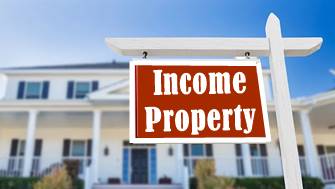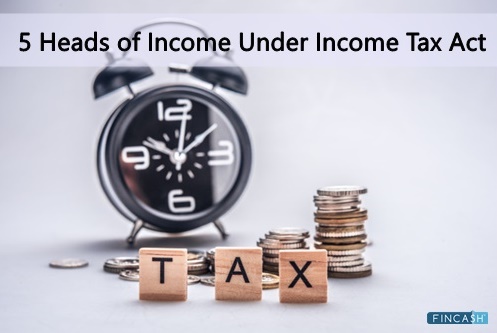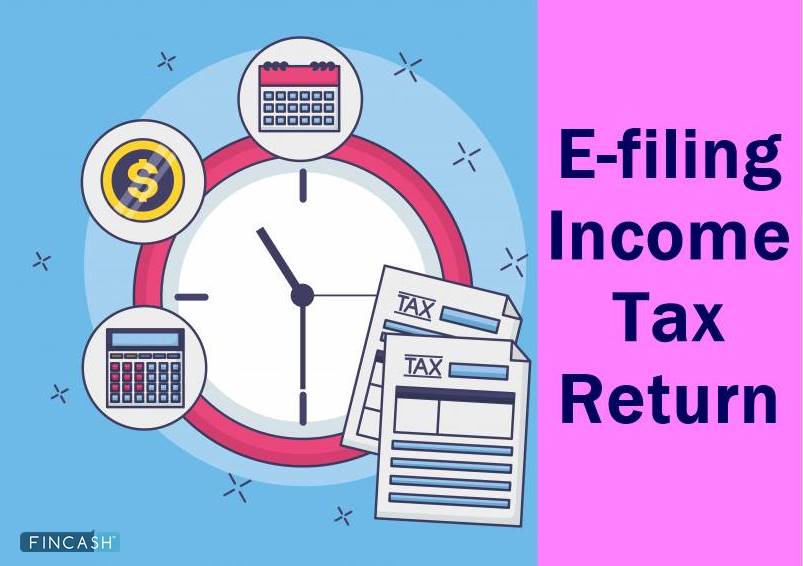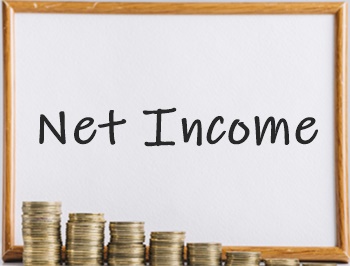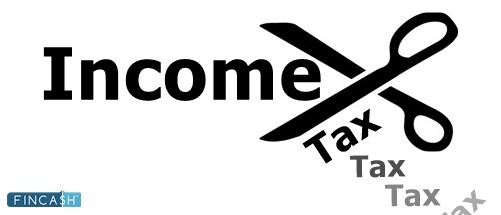
Table of Contents
Income from House Property
Latest Update - The Deduction under Section 80EEA is available only for houses purchased before March 31, 2022. So, if you are planning to buy a house in the next financial year do remember that the additional deduction of Rs. 1.5 lakh against the payment of interest on the Home Loan will not be provided. Section 80EEA is available for first time home buyers where the stamp duty value of the property does not exceed Rs. 45 lakhs.
Owning a property is a dream for many. A property could be your residence, office, shop, building or Land. However, as a property owner, you should know that the tax is applicable to everyone, whether its commercial or residential property. All types of property are taxed under the Income Tax Return. If you want to know the Income from house property and the ways to save income tax on home loan interest, then this is a perfect guide for you.

Income Tax Rules for House Property
The income tax on the house property comes under three categories:
1. Self Occupied House Property
Self-occupied house property is used for your own residential purpose. The property may be occupied by the taxpayer’s family- parents, spouse or children. However, if a property is vacant, it will be considered as self-occupied for the purpose of income tax.
From 2019-20 onwards, the self-occupied house property has been extended from one to two. So, an owner can claim his two properties as self-occupied and the rest would let out for income tax purpose.
Before 2019-20, if the person has more than one self- occupied house property, then it will be considered as only one property of the taxpayer.
2. Let out Property
According to the IT department, if the house property is rented for a year or a part of the year then it is considered as let out property.
3. Inherited House
For instance, an individual has left their parents, it can be either self-occupied or let out. It is based on the usage of the house.
Talk to our investment specialist
How to Compute Income from House Property?
Income from house property incorporates the rent earned from the house property, which is taxable. Sometimes the deemed rent may be taxable if the property is not let out. Compute your income from house property with the following points:
Gross annual value
The annual value of a self-occupied house is zero. For a let-out property, it is the rent garnered for a house on rent. If property tax is paid, it allows for deduction from Gross Annual Income.
Net annual value
Net Annual Value=Gross Annual Value - Property Tax.
Reduce 30% of net annual value
About 30 per cent is allowed on Net Annual Value for deduction under Section 24 of the income tax act. Repairing and painting cannot be claimed under this section.
Reduce home loan interest
Section 24 enables you to claim the deductions for the interest paid during the year on loan availed.
Loss from house property
If you own a self-occupied house and the Gross Annual Income (GAV) is nil, then claiming the deduction on home loan interest will result in a loss from house property.
Manage income from house property
The resulting value is your income earned from the house property. This will be taxed at the slab rate applicable for you.
Tax Deductions on Home Loans
Homeowners, residing in the same house with the family can claim a deduction up to Rs. 2,00,000 on their home loan interest.
The same is applicable when the house is vacant. If you have rented property the entire home loan interest is allowed as a deduction. Check the following points for the tax deductions:
Section 24 of Income Tax Act
Owners can claim a deduction for the interest on home loan under section 24 of the income tax act. You can claim Rs. 2 lakhs under this section if you are the owner residing in the same house property (or your family).
Kindly note that your deduction will get limited to Rs. 30,000 under the following conditions:
- If the loan is taken on or after 1st April 1999.
- The purchase or construction is not completed within five years from the end of the financial year in which loan was availed.
Section 80EE
Section 80EE has been recently added to the income tax act. First time home buyers can claim a deduction of up to Rs. 50,000 per financial year as per this section. You can continue to claim this deduction until the loan is fully repaid.
Section 80EEA
The deduction under Section 80EEA is available only for houses purchased before March 31, 2022. So, if you are planning to buy a house in the next financial year do remember that the additional deduction of Rs. 1.5 lakh against the payment of interest on the home loan will not be provided. Section 80EEA is available for first time home buyers where the stamp duty value of the property does not exceed Rs. 45 lakhs.
An individual can claim a deduction of up to Rs. 3.5 using section 80EEA and section 24 on the interest paid on a home loan taken for buying an affordable house. Individuals can continue to claim deductions under section 24 for a maximum up to Rs. 2 lakh.
Deduction on Home Loan
Deductions can be claimed based on the ownership shares you have on the property.
If you are an employee, you can share home loan interest certificate to your employer to adjust the tax deductions accordingly.
The home loan must be in the owner’s name. A co-borrower can also claim these deductions.
The deduction can be only claimed for the financial year in which the work was completed.
If you are a self-employed or a freelancer, you don’t have to worry about these things. Just compute your Advance Tax liability every quarter and keep them safe in case if any question arises from the income tax department.
House Rent Allowance (HRA) and Deduction on Home Loan
An individual can enjoy both tax benefits if your employer is providing you with HRA in your salary. Also, you can get a deduction on a home loan up to Rs. 2,00,000.
For instance, let's take an example-
Pooja bought a Flat in Mumbai, but she works in Pune and lives in Pune. She has no plans to return Mumbai for the next 3 years, so she gives her flat on rent, and even she lives in Pune on rent.
Therefore, Pooja can claim:
- HRA for the rent she pays for the house in Pune
- The entire interest she pays for the home loan
Conclusion
The house is a basic need for everyone and you must know if you buy a house there are ways you can earn income from house property. Apart from this, you can also deduct your Taxes under section 80 EE and section 80 EEA, which will benefit you.
All efforts have been made to ensure the information provided here is accurate. However, no guarantees are made regarding correctness of data. Please verify with scheme information document before making any investment.
